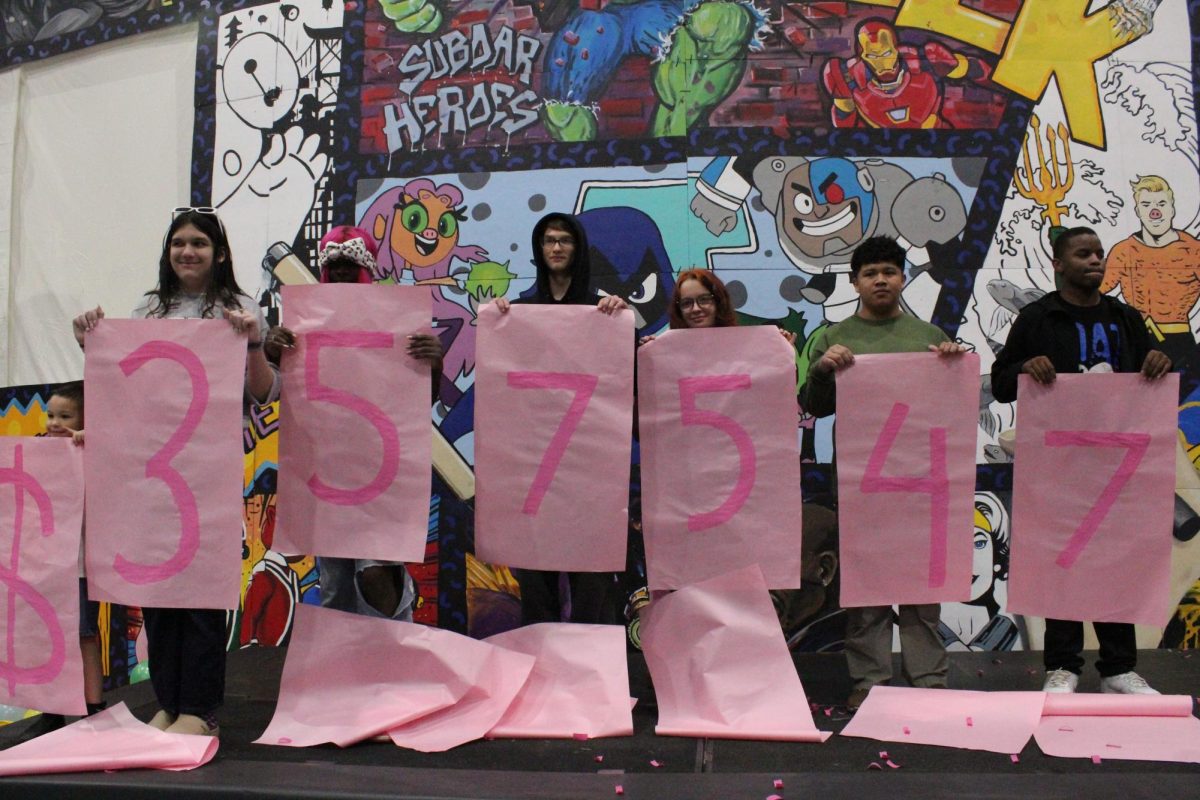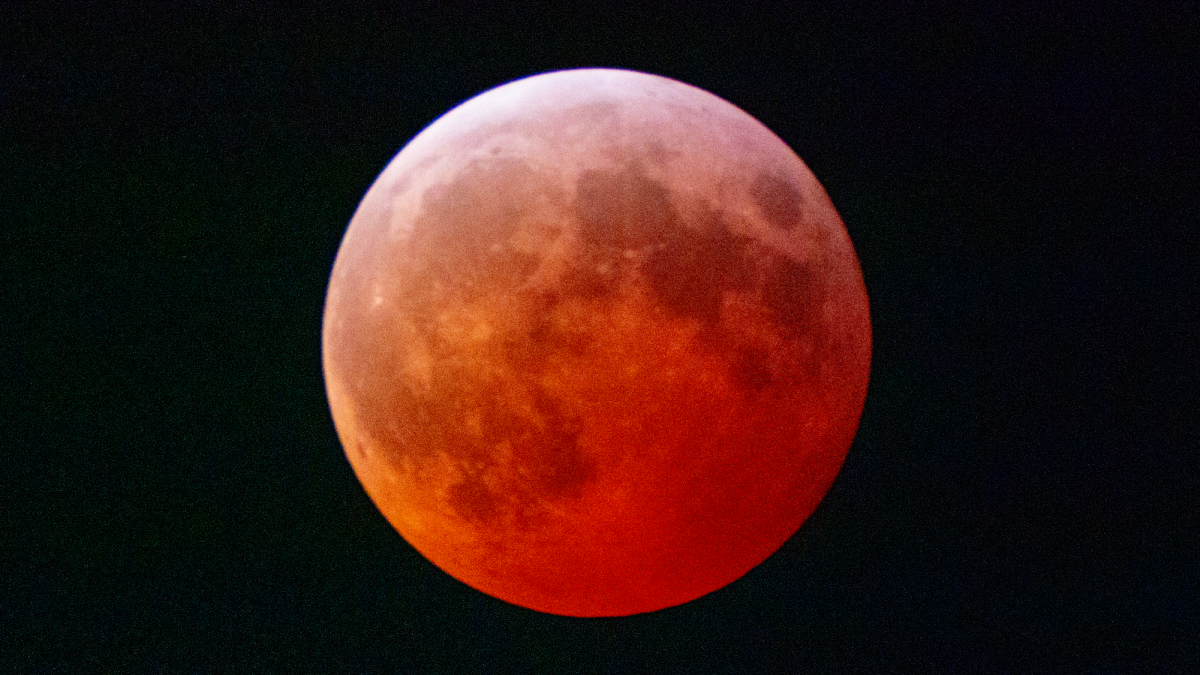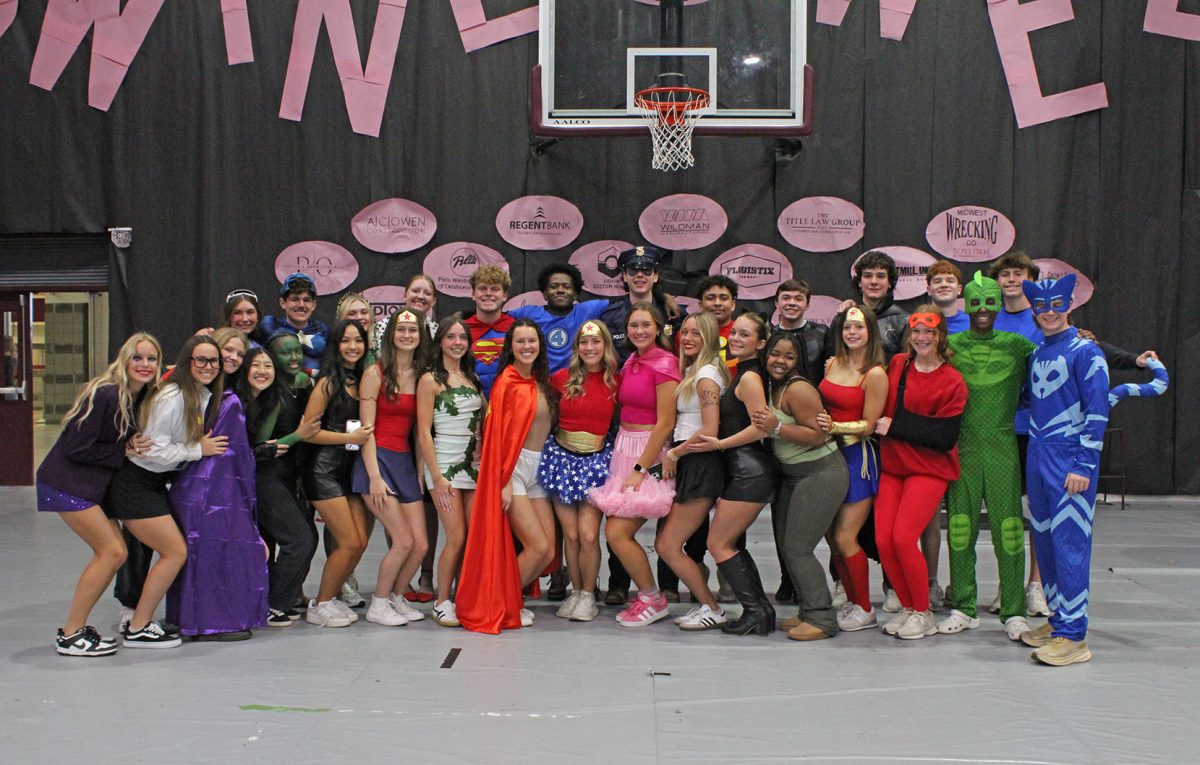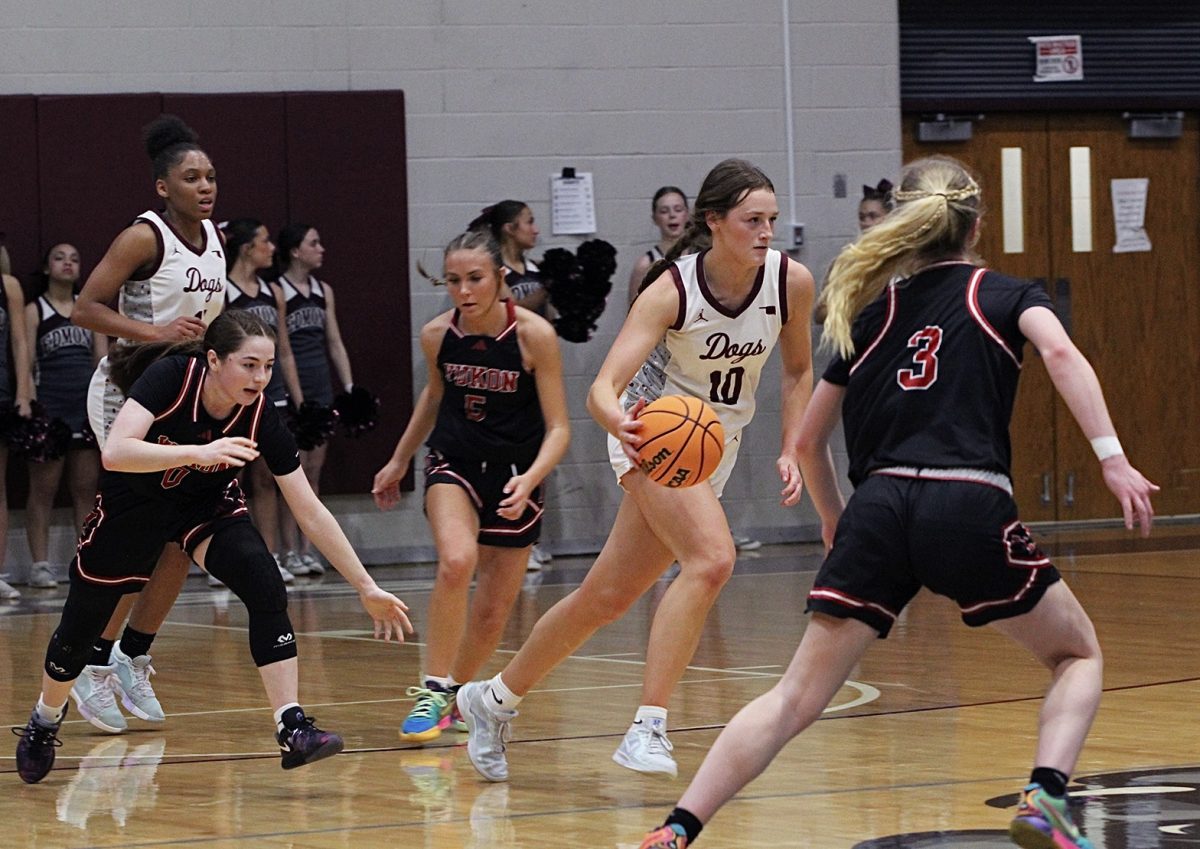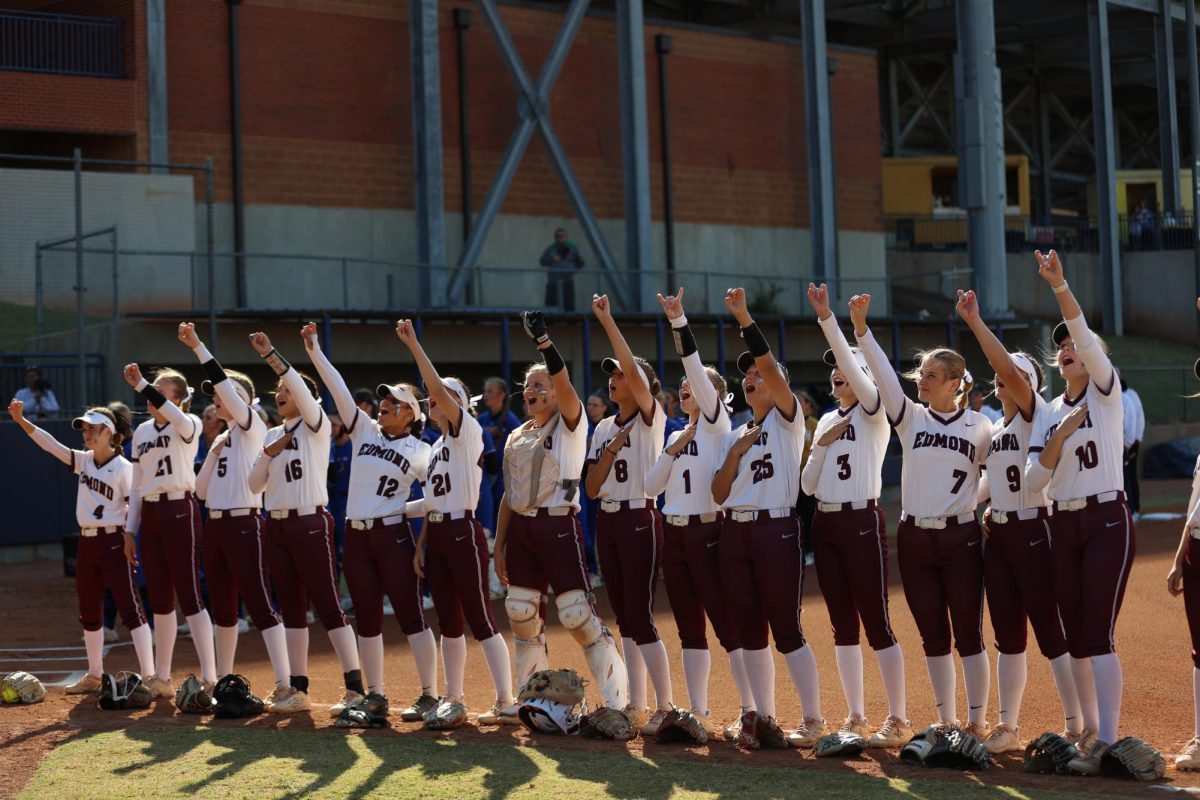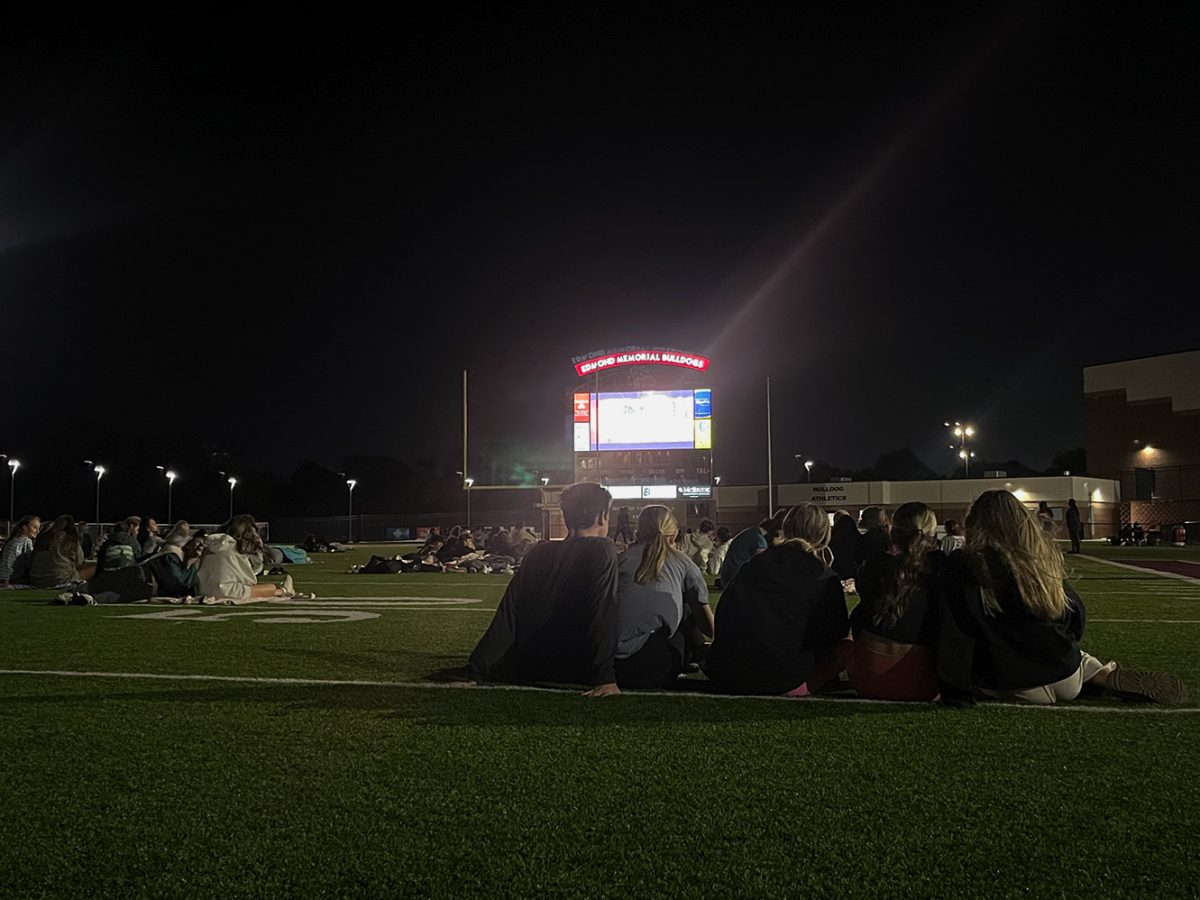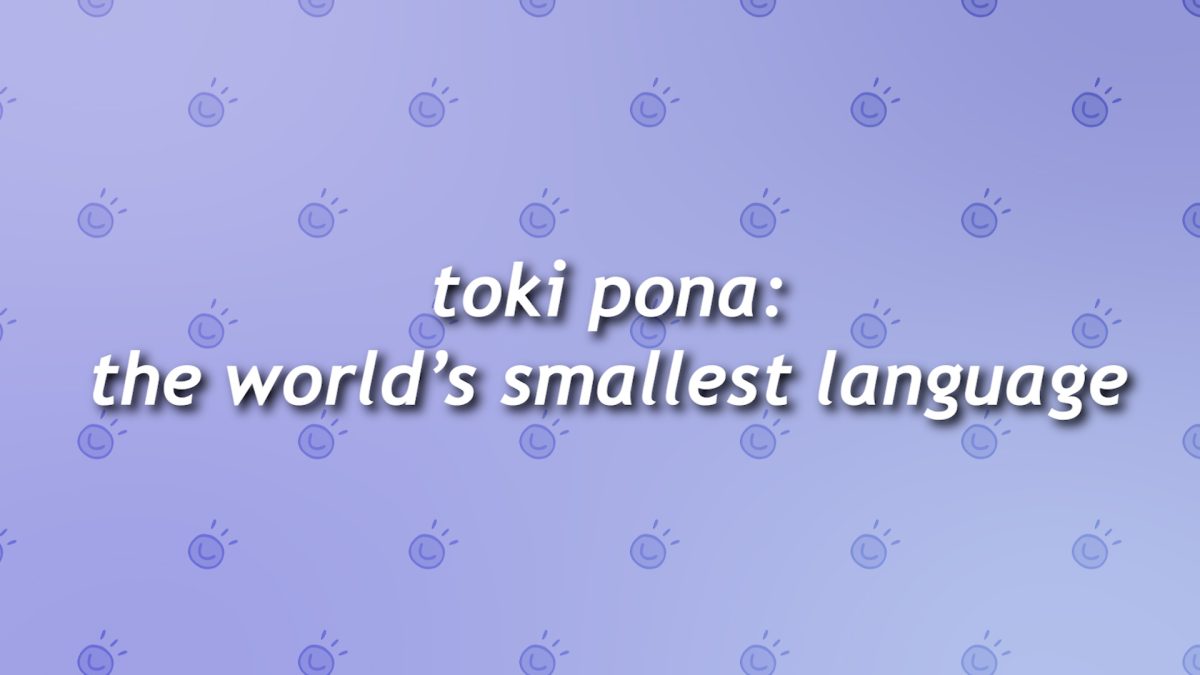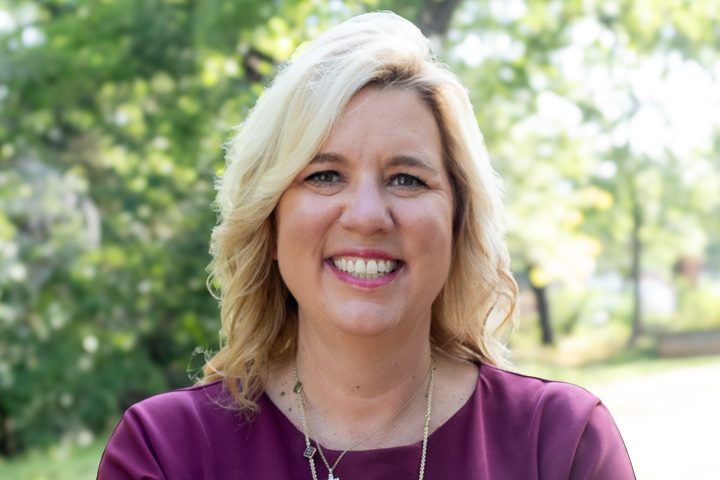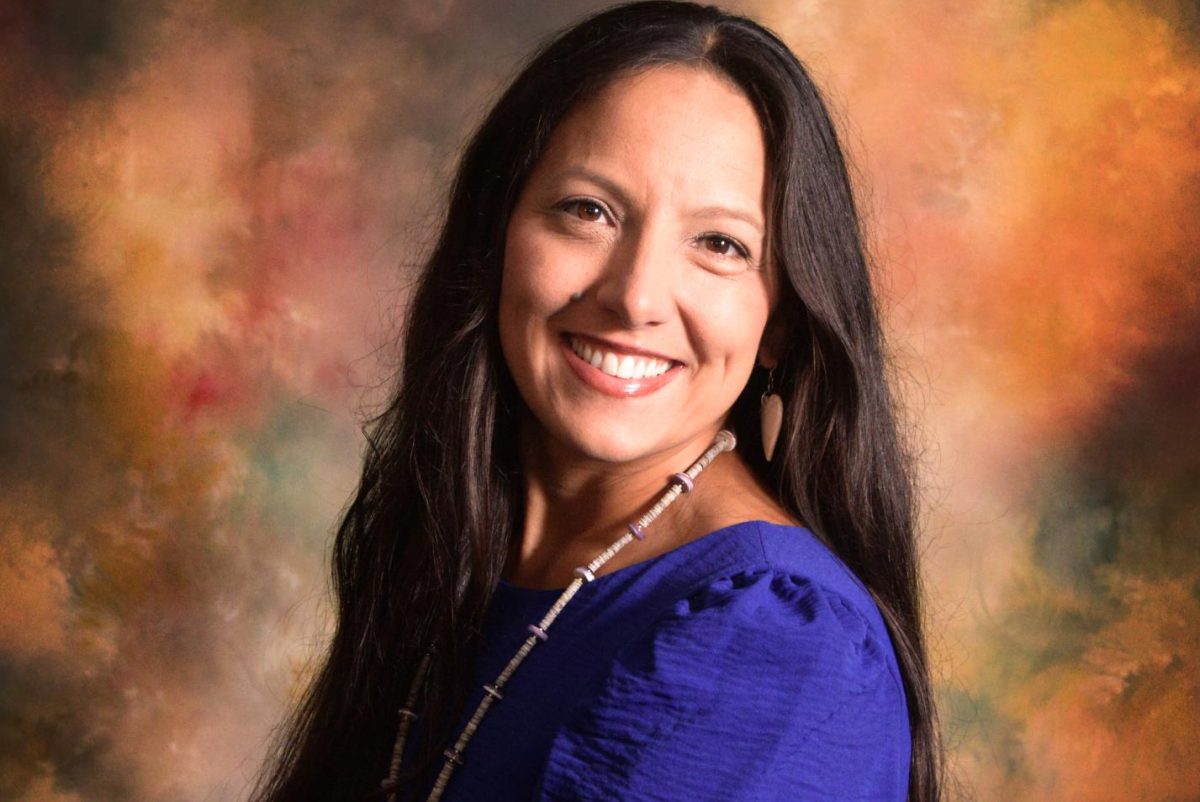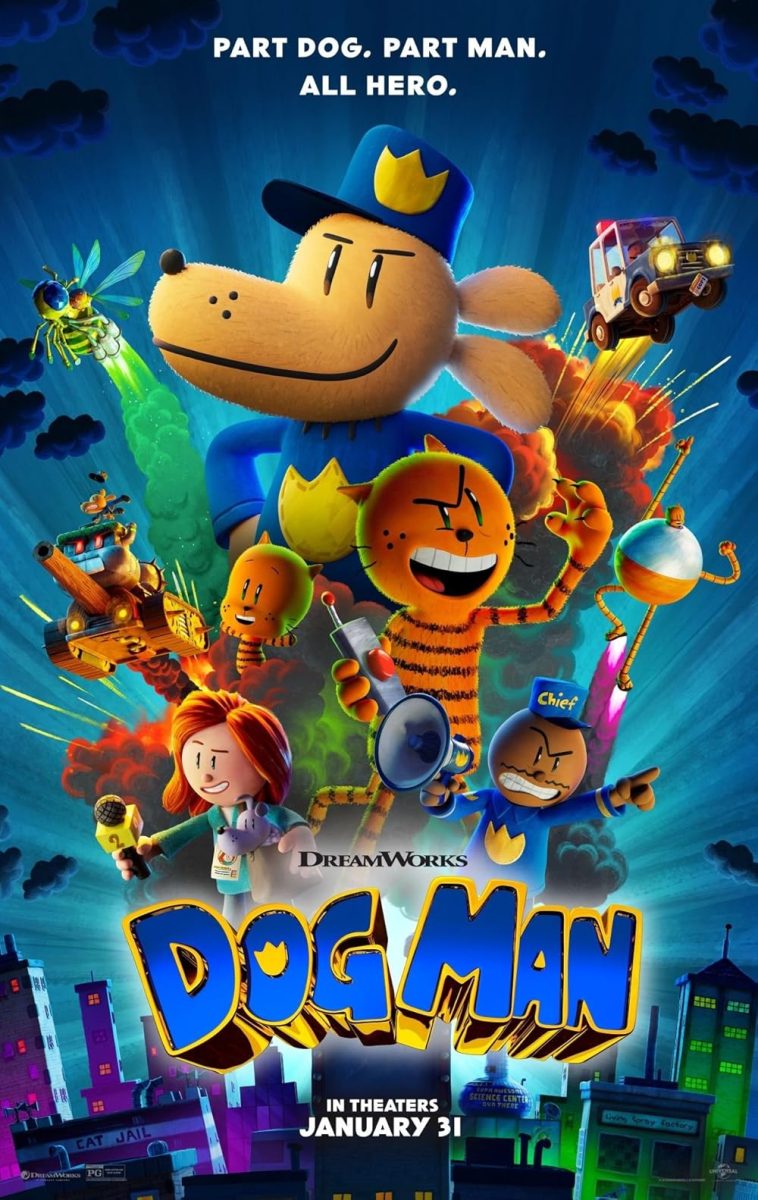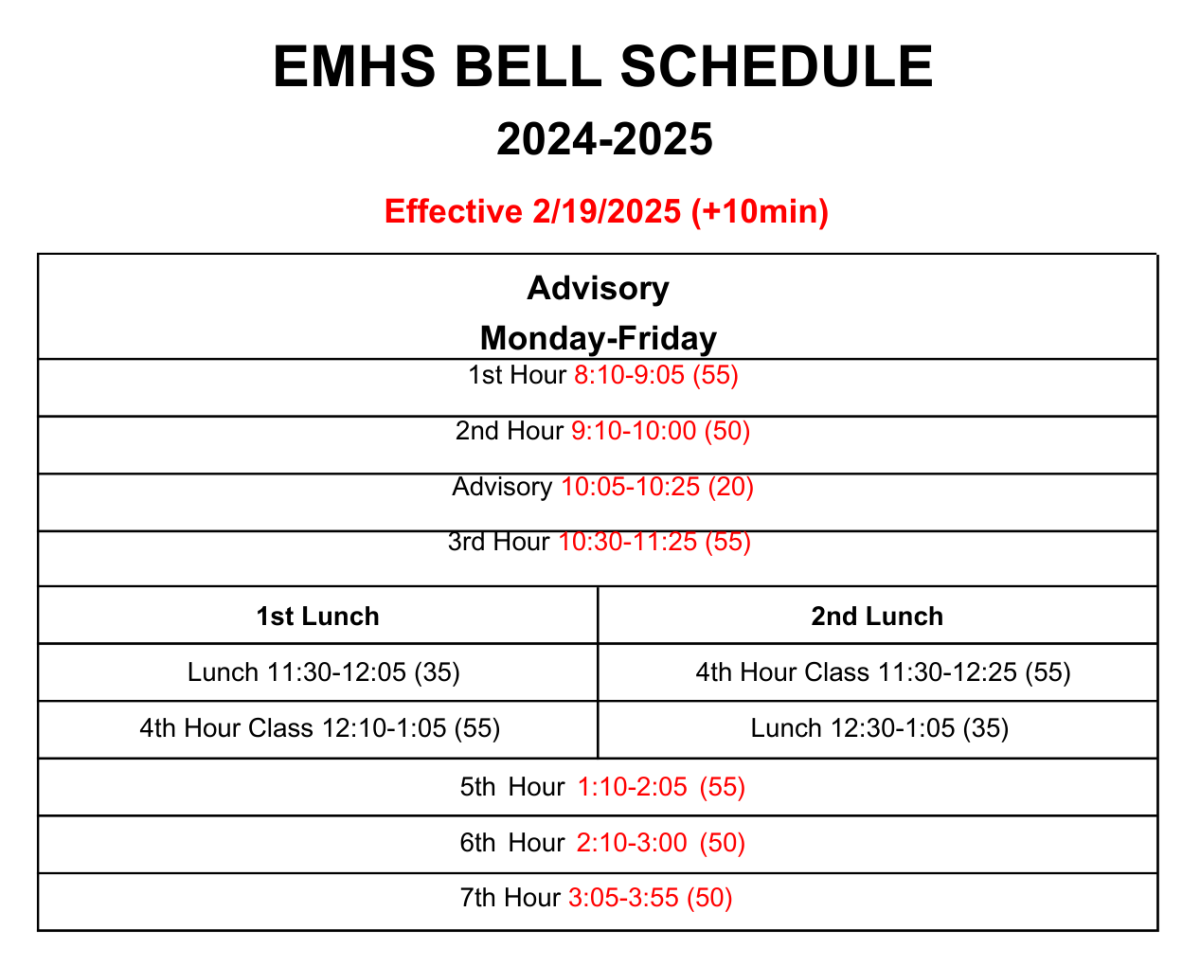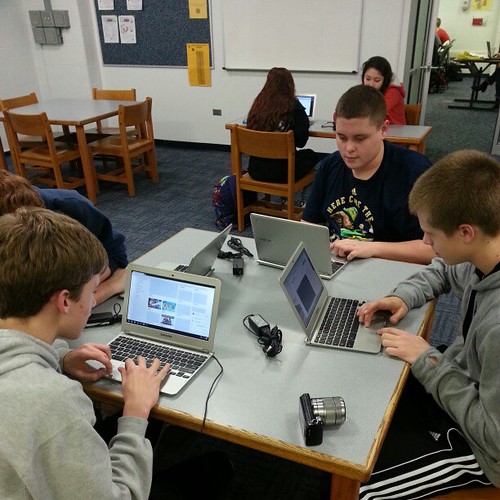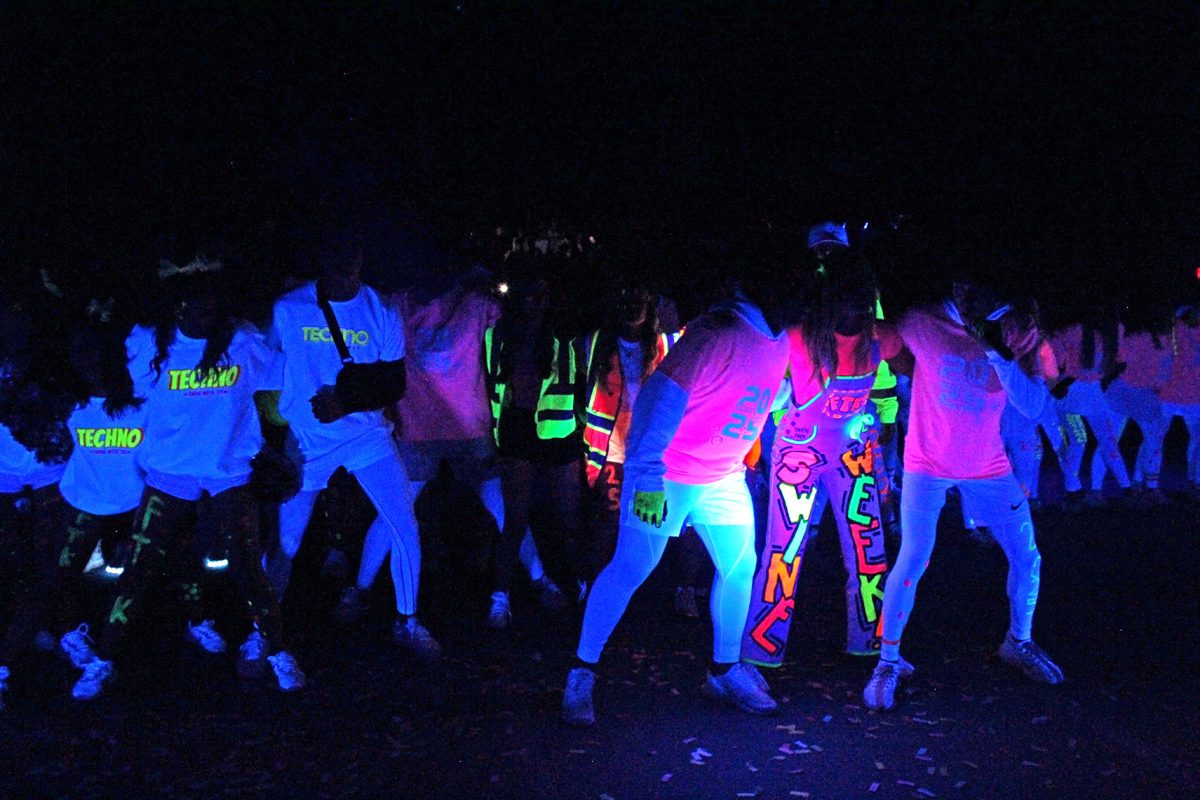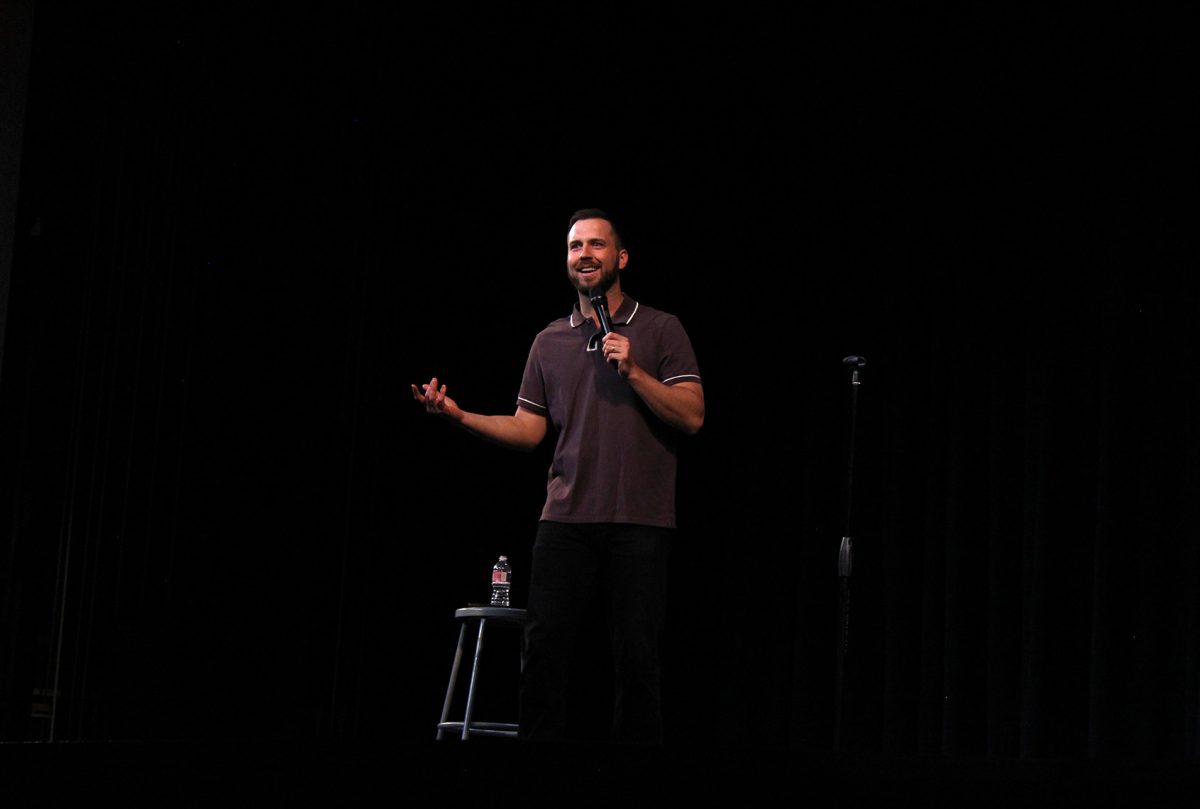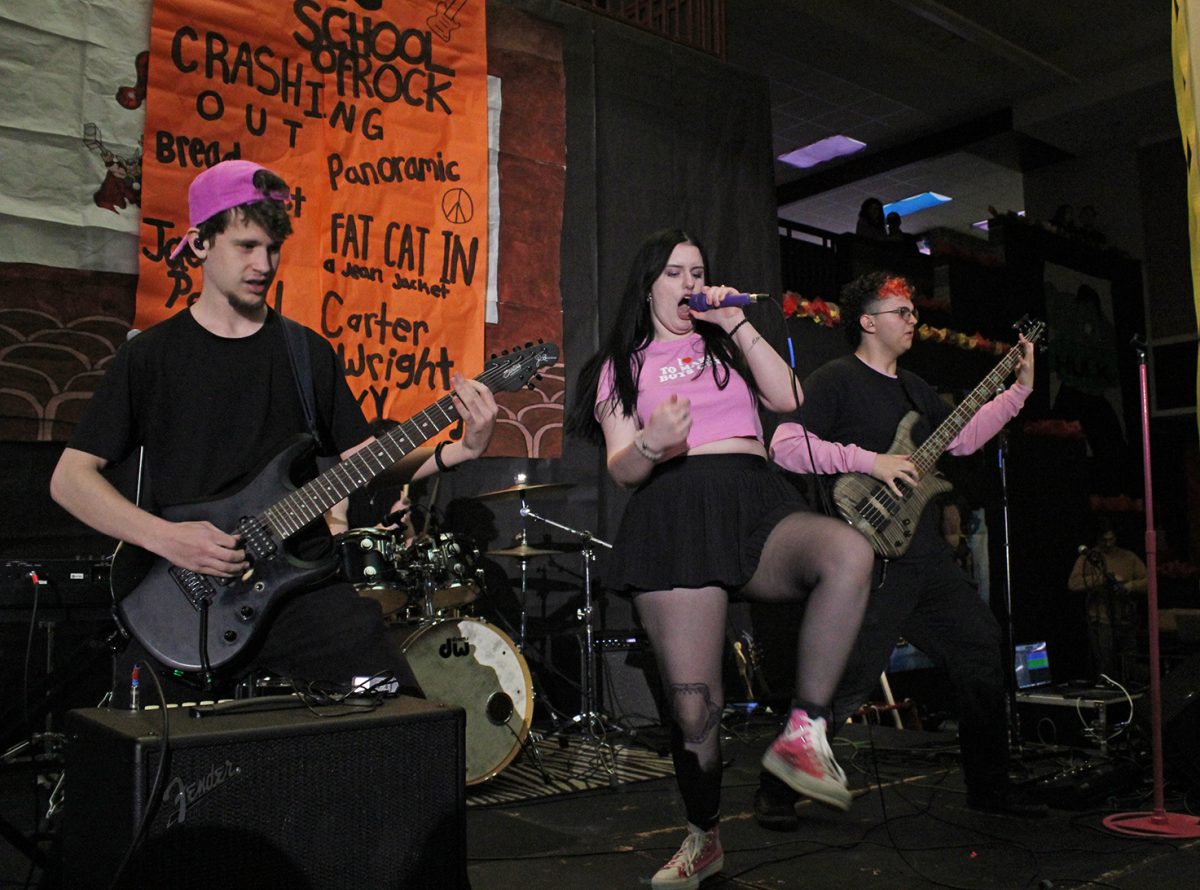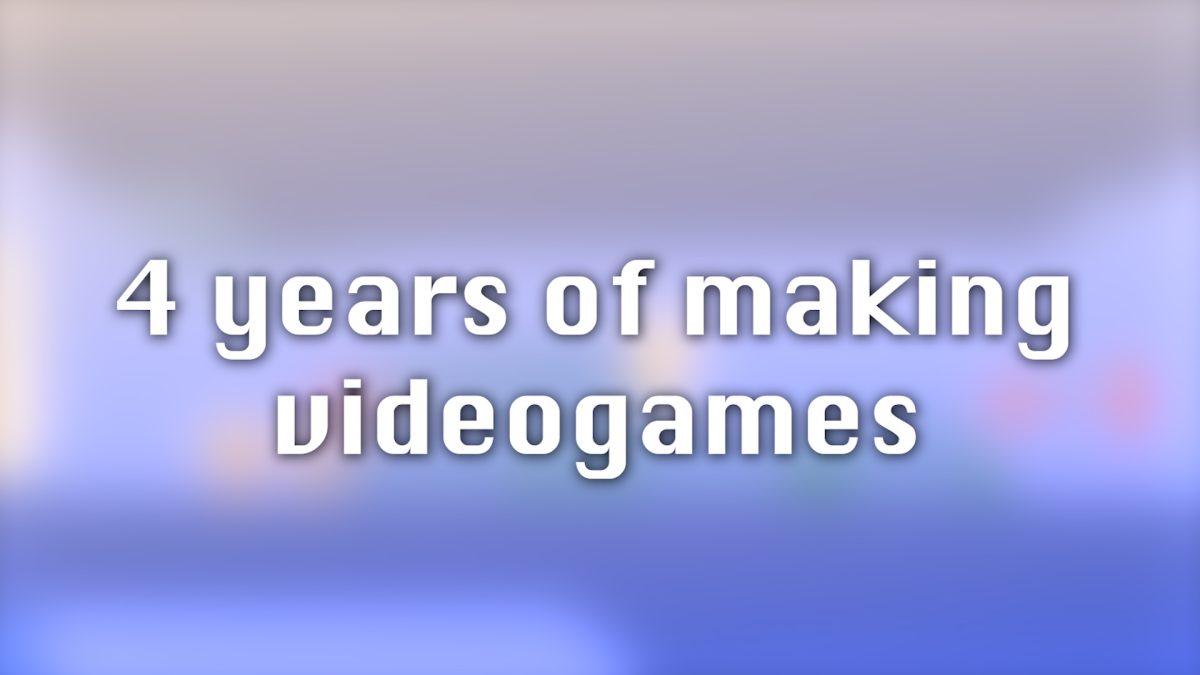COVID-19 vaccines: mandatory or no?

March 26, 2021
Ever since March 11, 2020, the world has been in a pandemic. COVID-19 has upturned everything it comes into contact with and as of March 25, 2021, there have been 2.7 million deaths worldwide and 545,070 just in the United States. However, recently, it has felt like there might be a light at the end of this long and brutal tunnel. Two vaccines, by Moderna and Pfizer, have been accepted by the FDA.
Many people are wondering if they will make vaccines mandatory and, if so, how?
Throughout the years, diseases, like smallpox and measles, have come and gone. Sometimes, vaccinations for them will be required so that outbreaks can be prevented. However, many can bypass those rules because of their religious beliefs and vaccine allergies.
A 1905 court case in Massachusetts framed the Supreme Court decision that states had the power to take reasonable steps to protect their populations, even when those measures infringed on individual freedoms. So even though some may oppose it, compulsory vaccinations are for the protection of the greater good.
There are many different sides to mandatory vaccines. Some people may feel like it is against what they believe, and yet others think they are beneficial for everyone. COVID-19 vaccinations should be required for all people over the age of two years old, whether in the United States or not. Mandatory vaccinations would be beneficial for the community because of herd immunity, and those who travel will not be affected.
Vaccinations can help locations to achieve herd immunity which happens when there is a consequential number of vaccination rates or immune people in an area, which makes the spread of the disease unlikely.
This year there have been six confirmed measles outbreaks in ten states… All of the outbreaks have occurred in communities with low vaccination rates.
If people do take the vaccine, they are less likely to infect others or themselves. However, herd immunity can still protect people that aren’t able to be vaccinated.
If enough people have their shots, diseases can’t spread as easily, and that protects people who can’t be vaccinated themselves– including very young babies, people with vaccine allergies, and those with compromised immune systems.
Even though there are many upsides to herd immunity through vaccination, there can also be downsides.
Reaching herd immunity through vaccination sometimes has drawbacks. Protection from some vaccines can wane over time, requiring revaccination. Sometimes people don’t get all of the shots that they need to be completely protected from a disease.
While herd immunity is good, people will still need to regularly take the vaccines so that it lasts until the spread of COVID-19 is diminished.
By not being vaccinated, people are able to contract the virus, which can endanger others around them.
According to “Mandatory Vaccination: Should Vaccination Be Mandatory?”, … an unvaccinated seven-year-old from San Diego, Cali., caught measles in Switzerland and, after coming home, spread it to 11 other children, all of whom were intentionally unvaccinated.
A common concern is the matter of side effects caused by vaccines, and those that can be seen later.
The most commonly reported side effects, which typically last several days, were pain at the injection site, tiredness, headache, muscle pain, chills, joint pain and fever.
While the COVID-19 vaccine doesn’t inject a person with the disease, many people are still feeling these side effects, especially after the second dose.
Pfizer officials say there were no cases of serious allergic reactions in the clinical trial of its safety and efficacy involving nearly 44,000 participants.
With some vaccines, such as the smallpox one, side effects can be very dangerous. Side effects and allergic reactions are common with the second dose of the Pfizer vaccine, but they are not life-threatening and will be gone in just a couple of days.
Yet another concern with the COVID-19 vaccine is that it took under a year to develop, when most vaccines take about 5-10 years.
“Offit says the fast-tracking of the vaccine was mostly a result of the upfront financing the federal government provided, so no shortcuts were taken in verifying its safety.
Vaccines are paid through contracts and negotiations for how they will be given out and the deadlines of when they should be produced. While often vaccines take more time because of lack of budget, the COVID-19 vaccine was sped up by the government and private contributors.
While there are many concerns about the COVID-19 vaccine and its common side effects, the pay off of the vaccine is also very large. The advantage of herd immunity can help pull us out of the pandemic and the economic hole that has come from it. One simple pinch of a needle can save many lives. COVID-19 vaccinations should be required for all people above the age of two years old.
Contact Adeline Gruen at ruffdraftemhs@gmail.com

